How does CBD Counteract the Effects of THC?
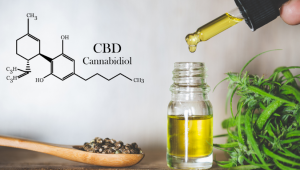
- 1. What is the endocannabinoid system?
- 2. How does cbd work?
Over recent years, there has been a lot of discussion about cannabis and its cannabinoids. With more than a hundred cannabinoids in a single plant, cannabis is indeed a magical plant. But, out of all cannabinoids, CBD and THC always hog the limelight. Both come from the same plant, yet the effects are vastly different. For instance, THC is psychoactive while CBD isn’t. In fact, you’d be surprised to know it negates the effects of THC. Read on to find out how CBD counteracts the effects of THC.
It’s also amazing to understand that CBD only reduces the negative side effects while enhancing the positive _effects of THC. For instance, THC has the ability to reduce pain. If you combine THC and CBD, CBD enhances its painkilling properties while also reducing the psychoactive effects including paranoia and anxiety.
Simply put, CBD works to balance the effects so there isn’t too much or too little of anything. For instance, if the buzz is too much, CBD reduces it and prevents you from feeling to heavy-headed and high. One can compare CBD to the yin-yang factor since CBD also works in a similar fashion.
You can experience this first-hand by smoking or consuming strains that contain both CBD and THC. Best would be strains that have an equal ratio of THC and CBD. Not only will you not feel your heart racing or find yourself gripped with anxiety, but you’ll also feel so clear-headed that performing tasks that require utmost attention will also seem simple. Of course, not everyone that consumes THC will feel anxious or paranoid – it depends on the dosage and other factors like your height, body mass, and weight – but for those that cannot handle THC alone, CBD is a godsend indeed.

Many people shy away from using marijuana simply because THC isn’t their cup of tea. Experienced users actually love THC because of how it makes them feel, but they are good at managing their dosages. But, beginners do not understand this and use loads of THC and end up hating cannabis. For such users, CBD will actually help because it allows them to enjoy cannabis without experiencing negative effects.
Experts refer to CBD as a dimming switch that counters the effects of THC. If you ever feel overwhelmed by THC, simply pop a CBD pill or consume CBD oil. Or, you can smoke a strain with lots of CBD, and you’ll notice that your heart will stop racing in a while. The heavy-headed feeling that makes you feel miserable will also reduce in a short amount of time, and this is only because of how CBD works.
Everything will make more sense if you understand how the ECS or endocannabinoid system works…
What is the Endocannabinoid system?
You may know about the central nervous system, reproductive system and many other processes in our body, yet you’re probably clueless about the endocannabinoid system. Although it’s an integral part of the body, most people don’t know it. And, that’s because the ECS was discovered only recently.
When scientists were researching the effects of THC, they discovered the ECS accidentally. And since cannabis was involved, they named it the endocannabinoid system. The ECS is responsible to regulate many functions including fertility. Basically, it’s a network of receptors that maintains balance or homeostasis in the body.
Without homeostasis, our body cannot function. For instance, our body needs to maintain a perfect temperature. It cannot be too hot or cold regardless of the temperature outside. Endocannabinoids help in this process. They create a feedback loop and bind with receptors. While the cannabinoids present in plants are called phytocannabinoids, the ones present within us are known as endocannabinoids.
Coming to receptors, there are CB1 and CB2 receptors present in our system. While CB1 receptors are present in the nervous system and brain, CB2 receptors dominate other parts of the body and take care of immunity as well. THC works very similarly to an endocannabinoid called Anandamide produced naturally in our body.
Named after “bliss” in Sanskrit (a language native to India), anandamide is what makes you euphoric. Whether you’re receiving a gift or feel amazing after a great run, it’s anandamide that produces short bursts of happiness. Although THC is very similar, the biggest difference is that THC has a longer life compared to anandamide. Anandamide is metabolized faster by the body whereas it takes time for the body to do the same with THC. Therefore, the side effects of THC including dry mouth and eyes are pronounced.
Also, THC fits like a perfect key to the CB1 receptor that behaves like a lock. When the key goes into the lock or when THC binds to the receptor several reactions occur, and this is why you feel happy and relaxed when you smoke marijuana. And, this certainly explains why high-THC strains are in demand.
How does CBD work?
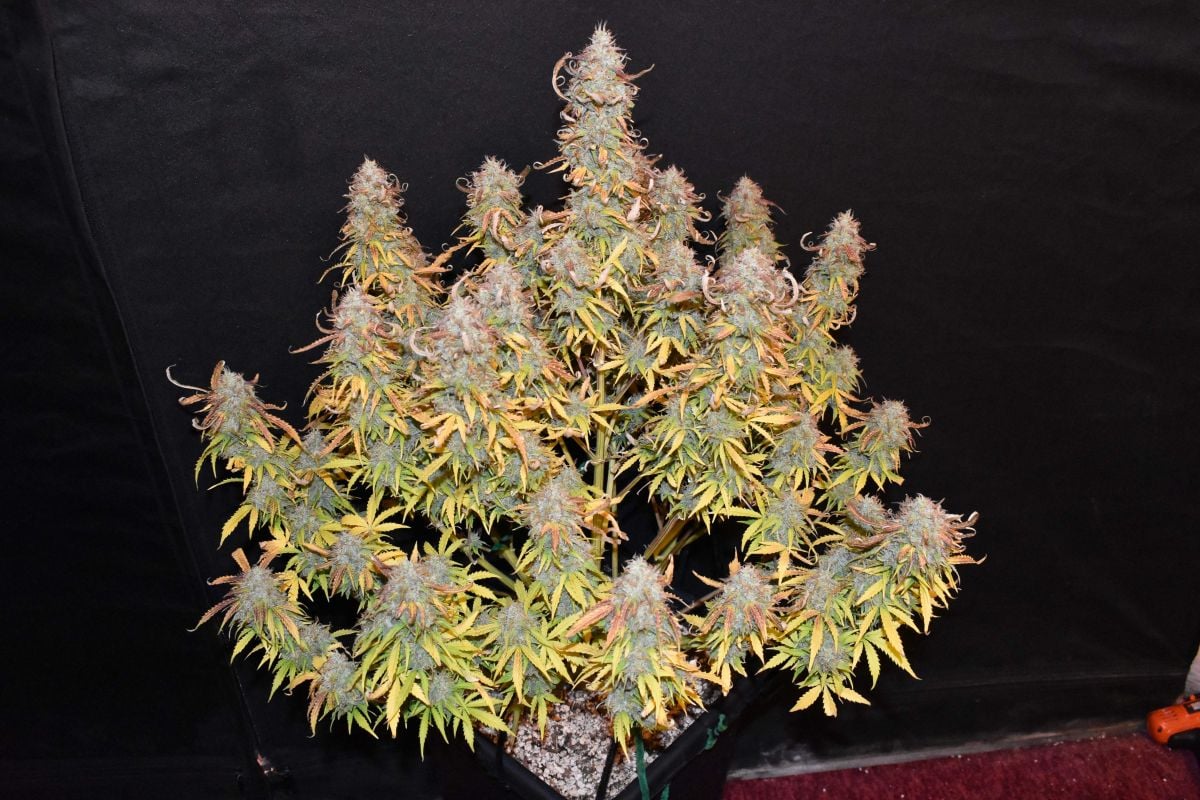
So, now that you understood how the ECS works, you’ll get how CBD works too. You already know that THC binds to the CB1 receptor. The difference between THC and CBD here is that CBD doesn’t bind to the receptors. Instead, it works as an antagonist. In fact, research conducted by the British Journal of Pharmacology found that CBD works like what’s known as a negative allosteric modulator.
To explain it further, allosteric modulators are nothing but compounds with the ability to bind to receptors in areas other than their regular sites. They also alter the physical structure. This means that although THC has the knack to bind to the receptors, CBD alters the very shape of the receptors to such an extent that THC can no longer bind to them effectively.
Thus, when THC cannot bind to the CB1 receptors, the negative effects are diminished. However, note that this will not occur in each and every case. This means that in some cases, CBD reduces the negative effects but it might also exacerbate them in others. Why does that happen? Well, it’s because of the numerous ways CBD and THC interact with each other.
You already know about the negative allosteric modulator and that’s one way how CBD counteracts THC. But, there’s also another way where one particular molecule adjusts the effects of another molecule. CBD produces this pharmacokinetic mechanism by increasing blood levels of THC. It also inhibits an enzyme called CYP2C9. Scientists have noted that the levels of THC increase if CBD is administered before THC. This has been observed in animal models
The third mechanism through which CBD interacts with THC can be described by how one molecule modulates another molecule’s effect. It performs this function by binding to another receptor. For example, CBD is observed to behave like the 5-HT1A serotonin receptor. It means that CBD can take up the role of another receptor and produce similar effects.
So, what does all this mean? Does CBD negate the ill effects of THC or is it a myth? Well, yes, CBD does reduce the side effects, but one must remember that a lot depends on the dosage and the ratio of CBD and THC administered. If THC is ingested in large amounts with only a few mg CBD it may not work as expected. However, if you maintain the same ratio, CBD definitely reduces the effects to a large extent.
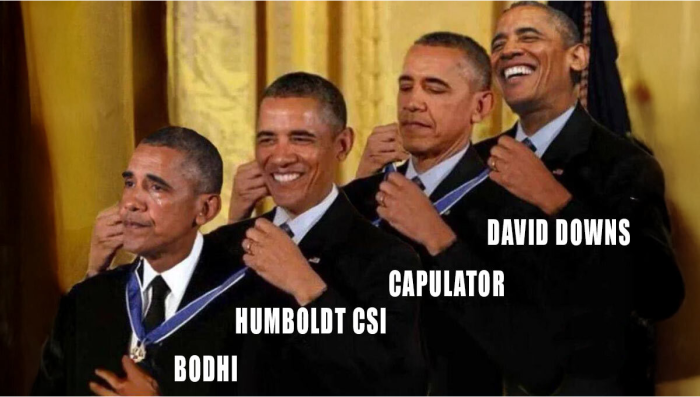







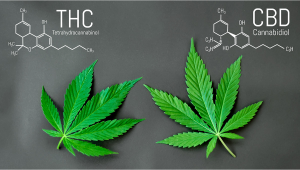
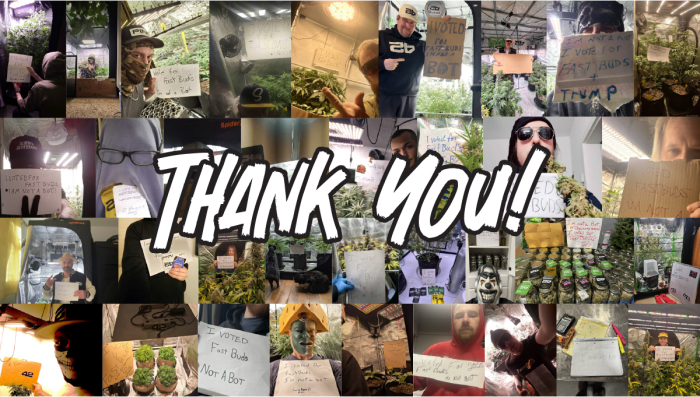

Comments